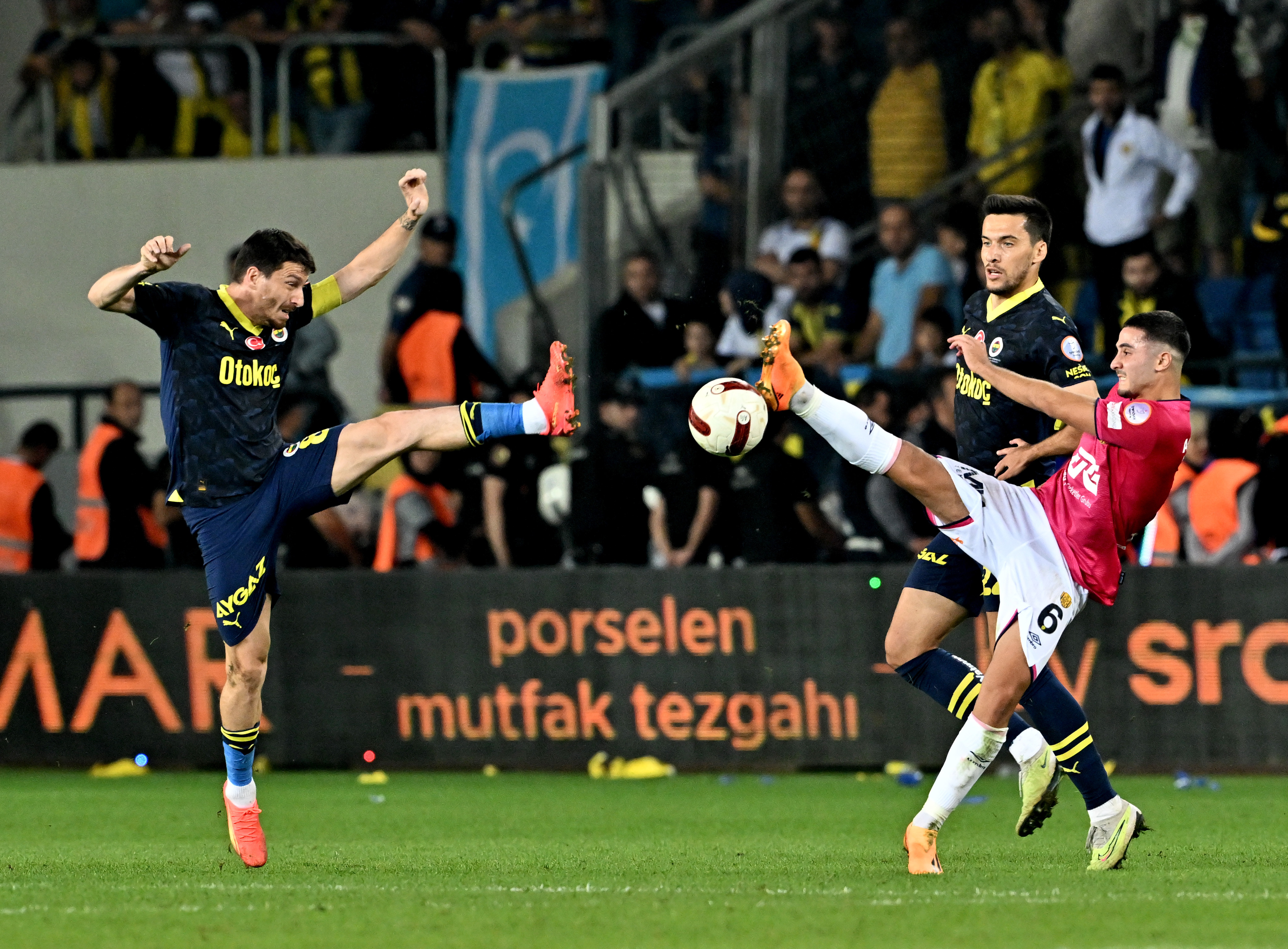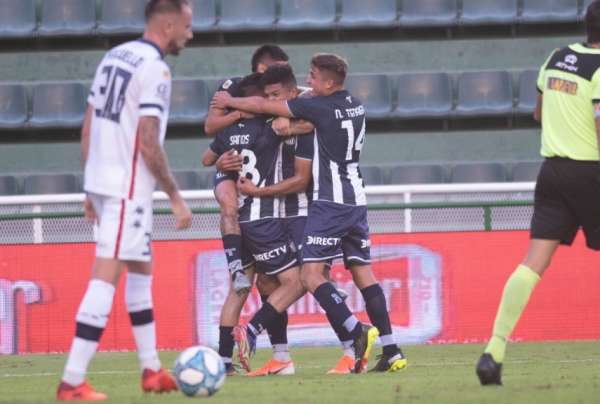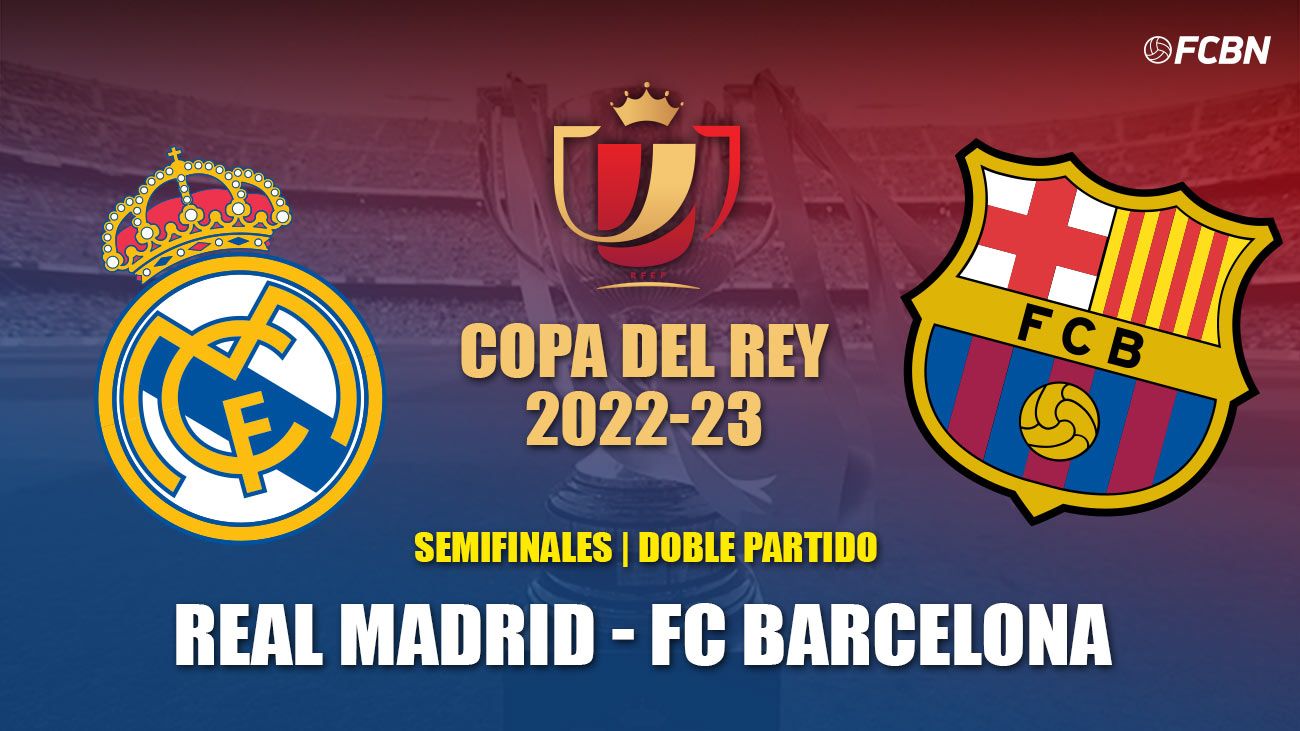A Guide to Brasileirão: Brazil's National Football League
Por um escritor misterioso
publicado em dezembro/22/2024

Brasileirão, also known as Campeonato Brasileiro Série A, is the top-tier football league in Brazilian football. This article serves as a comprehensive guide to understand Brasilierão and its significance in Brazilian sports culture.

Brasileirão follows the standard league format where teams compete against each other over the course of a season. The league consists of 20 teams, which play against one another twice during the regular season - once as the home team and once as the away team. Similar to other football leagues, three points are awarded for a win, one point for a draw, and no points for a loss. At the end of the season, the team that accumulates the highest number of points becomes the champion.
One unique aspect of Brasileirão is the factor of relegation. At the conclusion of each season, the teams with the lowest accumulated points get relegated to the Campeonato Brasileiro Série B, the second tier of Brazilian football. Similarly, the best-performing teams from Série B get promoted to Brasileirão in the following season. This promotion/relegation system adds an extra element of excitement and urgency to each match, as every point matters not just for the championship race but also to avoid relegation.
The prominence and prestige associated with the Brasileirão have made many talented players grace its stages. Brazilian football legends such as Pelé, Zico, Romário, and Ronaldinho have all showcased their skills in the league. Additionally, stars from around the world, including Ronaldo, Robinho, Neymar, and more recently Gabriel Barbosa (Gabigol) have also played in the Brasileirão during their careers.
The passion of the fans is another factor that distinguishes Brasileirão from other leagues. The stadiums are known to be filled with energetic crowds, colorful banners, samba beats, and choreographed chants, creating an electrifying atmosphere. Rivalries between clubs often stem from historical and cultural differences, leading to intense matches that are keenly contested on the field and passionately supported off it.
Brasileirão has had its fair share of memorable moments throughout its history. From iconic goals to exciting comebacks, dramatic finishes to surprising upsets, the league has provided countless thrills to fans over the years. Fans still remember legendary matches like Flamengo's title-clinching victory on the final day of the 2009 season or Santos' remarkable campaign led by a young Neymar in 2010.
In recent years, the dominance of traditional powerhouses such as Flamengo, Palmeiras, Corinthians, and São Paulo has added to the allure of the competition. However, smaller teams can often challenge the elite, providing unexpected twists and turns in the quest for glory.
Overall, Brasileirão compels both locals and football enthusiasts worldwide with its rich history, unique promotion/relegation system, talented players, intense rivalries, and passionate fan base. It embodies the spirit of Brazilian football and remains an essential part of the nation's sporting identity.





Fenerbahçe ile Konyaspor, Süper Lig'de 45. kez karşılaşacak
The Brasileirão, officially known as the Campeonato Brasileiro Série A, is the premier football league in Brazil. Established in 1971, it has become one of the most competitive and prestigious leagues in South America. With a long history filled with memorable matches, talented players, and intense rivalries, the Brasileirão holds a special place in Brazilian sports culture.Brasileirão follows the standard league format where teams compete against each other over the course of a season. The league consists of 20 teams, which play against one another twice during the regular season - once as the home team and once as the away team. Similar to other football leagues, three points are awarded for a win, one point for a draw, and no points for a loss. At the end of the season, the team that accumulates the highest number of points becomes the champion.
One unique aspect of Brasileirão is the factor of relegation. At the conclusion of each season, the teams with the lowest accumulated points get relegated to the Campeonato Brasileiro Série B, the second tier of Brazilian football. Similarly, the best-performing teams from Série B get promoted to Brasileirão in the following season. This promotion/relegation system adds an extra element of excitement and urgency to each match, as every point matters not just for the championship race but also to avoid relegation.
The prominence and prestige associated with the Brasileirão have made many talented players grace its stages. Brazilian football legends such as Pelé, Zico, Romário, and Ronaldinho have all showcased their skills in the league. Additionally, stars from around the world, including Ronaldo, Robinho, Neymar, and more recently Gabriel Barbosa (Gabigol) have also played in the Brasileirão during their careers.
The passion of the fans is another factor that distinguishes Brasileirão from other leagues. The stadiums are known to be filled with energetic crowds, colorful banners, samba beats, and choreographed chants, creating an electrifying atmosphere. Rivalries between clubs often stem from historical and cultural differences, leading to intense matches that are keenly contested on the field and passionately supported off it.
Brasileirão has had its fair share of memorable moments throughout its history. From iconic goals to exciting comebacks, dramatic finishes to surprising upsets, the league has provided countless thrills to fans over the years. Fans still remember legendary matches like Flamengo's title-clinching victory on the final day of the 2009 season or Santos' remarkable campaign led by a young Neymar in 2010.
In recent years, the dominance of traditional powerhouses such as Flamengo, Palmeiras, Corinthians, and São Paulo has added to the allure of the competition. However, smaller teams can often challenge the elite, providing unexpected twists and turns in the quest for glory.
Overall, Brasileirão compels both locals and football enthusiasts worldwide with its rich history, unique promotion/relegation system, talented players, intense rivalries, and passionate fan base. It embodies the spirit of Brazilian football and remains an essential part of the nation's sporting identity.

Real Madrid vs. Barcelona: Records and Head-to-Head Ahead of El

Ascenso del Interior · Vélez Sarsfield 1 (1) - (3) 1 Talleres (Cba)

Casa de Madeira – Santa Teresa-ES – Pré Casas – Sua Casa de Madeira
